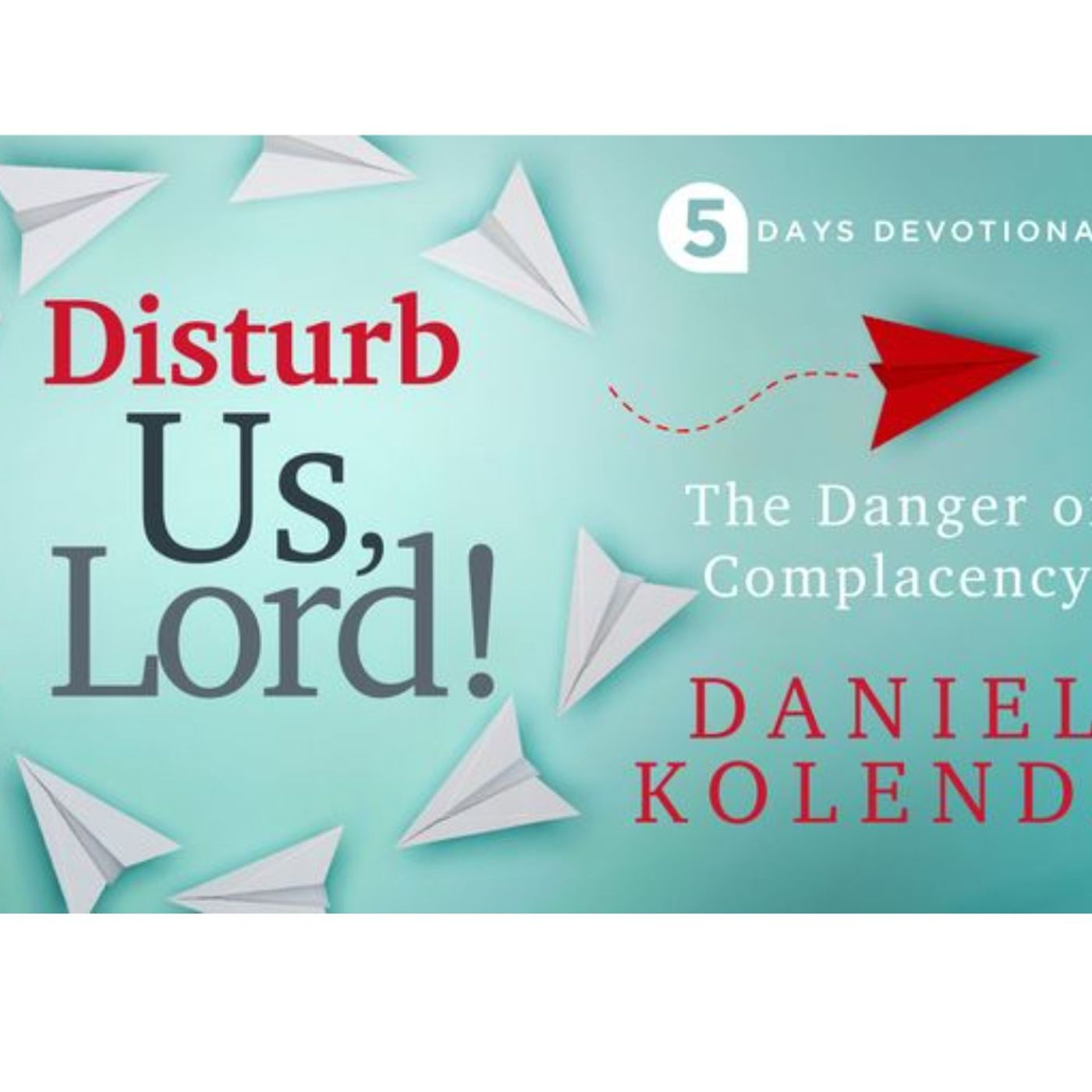Oliver Stone's Filmography
Oliver Stone's body of work includes critically acclaimed films like 'Platoon', 'JFK', and 'Nixon', often focusing on controversial figures and events in American history. His films frequently explore themes of power, corruption, and the human experience.
Authenticity in Filmmaking
Authenticity refers to the genuine expression of ideas and emotions in film. Stone's approach emphasizes telling stories that reflect his true beliefs, as opposed to conforming to industry pressures.
Filmmaking Challenges
Filmmaking often involves numerous challenges, including managing the emotional and psychological aspects of actors, dealing with prolonged shooting schedules, and maintaining a balance between creative vision and interpersonal relationships. Such challenges can impact the overall production quality and the health of all involved.
Creative Process
The creative process in filmmaking is about finding a balance between spontaneity and structured direction. Oliver Stone's insistence on authenticity reflects a broader philosophy in cinema that values real emotional expression over meticulously rehearsed performances.
The JFK Assassination
The JFK assassination remains one of the most debated events in American history, surrounded by theories and alleged governmental cover-ups. Discussions often focus on the motivations behind the assassination and the extent of the CIA's involvement.
Neoconservatism in American Politics
Neoconservatism has influenced U.S. foreign and domestic policies since the 1990s, advocating for interventionist strategies that often complicate international relationships and conflict management.
Nuclear Policy
The discussion around nuclear policy, especially as influenced by JFK's decisions, examines how nuclear armament debates in Israel have evolved and the implications for Middle Eastern stability.
Media and Misinformation
Investigates the impact of media narratives on public opinion, highlighting how misinformation can alter perceptions of events like the JFK assassination and the 2016 elections.
Election Integrity
Election integrity encompasses the measures in place to ensure free and fair elections. The speakers highlight contentious aspects of the election process that raise significant concerns about electoral trust amidst allegations of manipulation.
Historical Context of American Politics
The historical context surrounding Joseph Kennedy, particularly during the Roosevelt administration, outlines the political challenges and transformations of the time, providing insights into how these external factors influenced individual careers in politics.
Deep State
Often described as a hidden network within governmental structures, this idea pertains to the influence that certain interests wield over political decisions and actions, particularly amid controversies involving political figures like Trump.
Russia-Ukraine Conflict
The Russia-Ukraine conflict highlights global geopolitical tensions, with discussions focusing on diplomatic solutions and the risk of escalation into larger conflicts like World War III.
Jewish Identity and Politics
Jewish identity and politics encompass the historical and contemporary issues faced by Jewish communities regarding nationalism, particularly with the establishment of Israel and its implications on American political discourse.
U.S. Foreign Intervention Effects
The impact of U.S. foreign interventions has been profound, often leading to unintended consequences and strained relations with other nations, reflective of a long history of American military presence abroad.
Political Narratives
Political narratives are frameworks through which historical events and ideological beliefs are communicated and understood. Films like those discussed by the Stones challenge and reflect these narratives, providing insights into societal values and conditions.
Financial Influence in Politics
Financial influence in politics examines the roles that economic power and wealthy individuals or families play in shaping political decisions and public policy, often leading to discussions about the equity of representation in governance.
Cultural Context of Film
The cultural context of film plays a crucial role in shaping narratives, especially following significant historical events. Stone's work post-2001 exemplifies how filmmakers respond to and reflect societal changes through their storytelling.
Geopolitical Strategy
The strategic management of international relations to secure advantages. The conversation analyzes how countries utilize leverage against one another and how these strategies manifest in domestic politics, particularly with regard to Israel's influence over U.S. politics.
Political Lobbying
Political lobbying, such as that conducted by AIPAC, involves influencing legislation and political action through financial contributions and advocacy. This topic encompasses the mechanisms by which various groups attempt to sway government policies.
Nuclear Threats and Global Security
Discussion on nuclear threats emphasizes the precarious balance of global security, particularly in light of aggressive foreign policies that can lead to escalation and conflict.
Negotiation vs. Warfare
The distinction between negotiation and warfare highlights a critical approach to conflict resolution, emphasizing diplomacy as essential for global stability.










